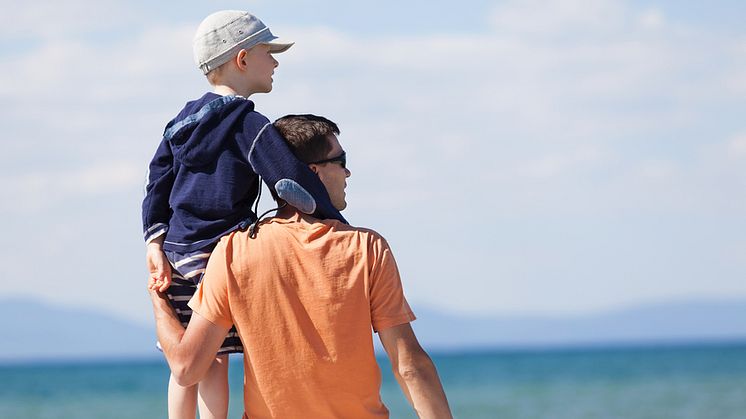
News -
Bluewater calls for increase in governmental efforts to boost water quality as new WHO report blame pollution for 1.7 million child deaths a year
Stockholm, March 6, 2017 – Over 1 in 4 deaths of children under 5 years of age are linked to unhealthy environments caused by pollution of water and air, according to a new WHO report issued today. The report - Inheriting a Sustainable World: Atlas on Children’s Health and the Environment - states that many of the most common causes of death among young children aged 1 month to 5 years such as diarrhoea, malaria and pneumonia could be prevented by reducing environmental risks.
“The need for sounder water quality efforts globally is underlined by the new WHO report that notes how are children paying for water pollution with their lives and health,,” said David Noble, a spokesperson for Bluewater, a Swedish company innovating lleading edge residential water purifiers sold worldwide. He noted how WHO attributes over 360,000 child deaths every year to diarrhoea alone.
In a companion report, Don't pollute my future! The impact of the environment on children's health, WHO provides a comprehensive overview of the environment’s impact on children’s health. The report says 270,000 children die during their first month of life from conditions, including prematurity, which could be prevented through access to clean water, sanitation, and hygiene in health facilities as well as reducing air pollution.
In a press release, Dr Maria Neira, WHO Director, Department of Public Health, Environmental and Social Determinants of Health, said that "investing in the removal of environmental risks to health, such as improving water quality or using cleaner fuels, will result in massive health benefits.”
WHO noted that children are also exposed to harmful chemicals through food, water, air and products around them. Chemicals, such as fluoride, lead and mercury pesticides, persistent organic pollutants, and others in manufactured goods, eventually find their way into the food chain.
Bluewater has committed to play a crusading role in raising awareness about environmental issues relating to water, especially the way plastics and single-use plastic bottles are polluting the world’s oceans.
“The ever growing use of plastics has already created large ocean areas as big as France of floating plastic waste, which is gradually fragmenting into smaller particles such as microplastics and even nanoplastics that are entering our food chain,” said David Noble.
For more information,
Please contact, David Noble, Bluewater global press spokesperson, +44 7785 302 694 or david.noble@blueair.com
About Bluewater
Sold across Europe, North America, China and South East Asia, Bluewater water purifiers harness patented second-generation reverse osmosis technology to deliver on-demand cleaner, healthier water direct from the tap. Innovated with love in Sweden, Bluewater water purifiers improve user quality of life, health and well-being by removing practically all known contamination from drinking water, including heavy metals, microorganisms, pesticides, pharmaceutical residues and other toxins. www.bluewatergroup.com.
